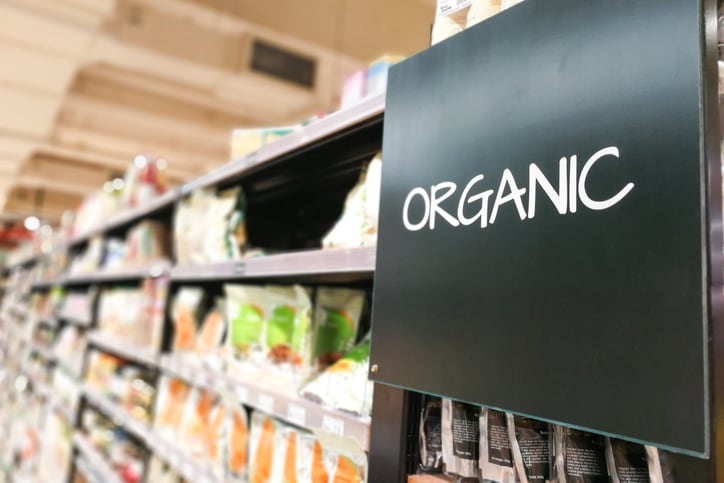Using funds from the American Rescue Plan, USDA is directing $300m through a new Organic Transition Initiative to help cover additional crop insurance, provide conservation financial assistance, support market development projects and deliver wrap-around technical assistance.
The assistance simultaneously answers and triggers additional calls for support as the number of farmers actively transitioning to organic dropped nearly 71% since 2008, according to USDA National Agricultural Statistics Service data.
“For too long, organic agriculture has been underrepresented in government programs and support, and farmers wanting to transition to organic face steep hurdles in accessing tailored organic-appropriate programs and resources at USDA,” Tom Chapman, CEO and executive director at the Organic Trade Association, said in a statement.
“OTA has long advocated for better resources to help farmers overcome barriers to transitioning to organic, and we look forward now to helping to ensure that implementation of these programs meet the needs of organic and transitioning farmers and support the goals of the overall sector,” he added.
'Farmers wanting to transition to organic face steep hurdles'
Allison Johnson, senior attorney at the Natural Resources Defense Council echoed Chapman’s praise and reiterated that this investment shouldn't be both the beginning and end of government support for transitioning farmers.
“We need more investments like this in the upcoming Farm Bill,” Johnson said, noting that USDA’s investment will help “expand opportunities for climate-friendly farming that we urgently need,” including “empowering communities and reducing our reliance on harmful pesticides and fertilizers.”
Investing in organic research
The National Sustainable Agriculture Coalition also praised the investment but cautioned more could be done to help bolster organic production, including investing in organic research and procurement and easing eligibility for organic insurance, which is currently dependent on “possession of an Organic Systems Plan – which newly transitioning producers do not yet have.”
The investment will be divided evenly between wraparound technical assistance in six regions, targeted supply chain development and conservation assistance and crop insurance subsides that will reduce the risk associated with the three-year transition period organic certification requires.
Of these, OTA notes the most impact will come from expanded access to organic experts nationwide, but especially in historically underserved areas, and regionally-specific technical assistance for transitioning farmers to support “building communities and organic economic hot spots.”
It also notes additional crop insurance “is an important step towards making risk management programs work better for organic.”




